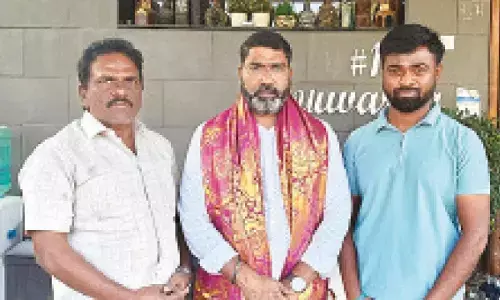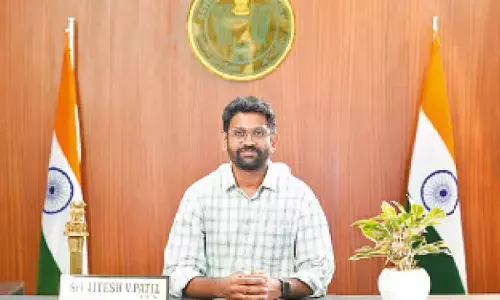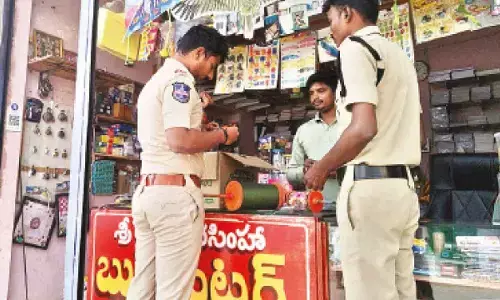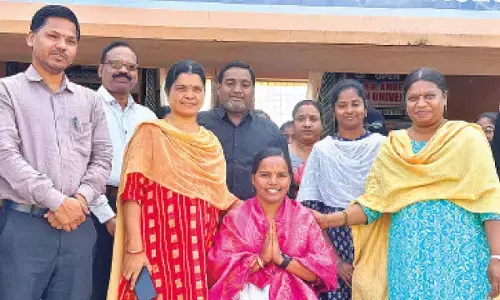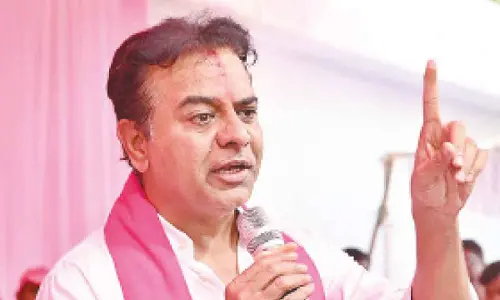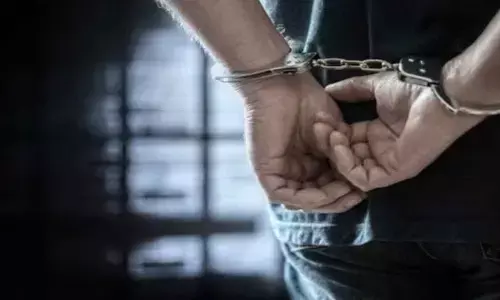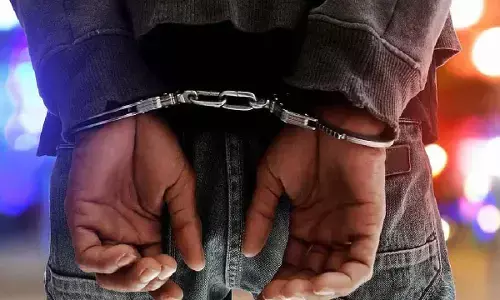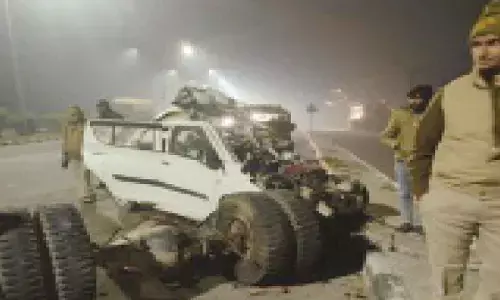Opposition Slams ‘One Nation, One Election’ Bill as Anti-Democratic; BJP Allies Support the Move
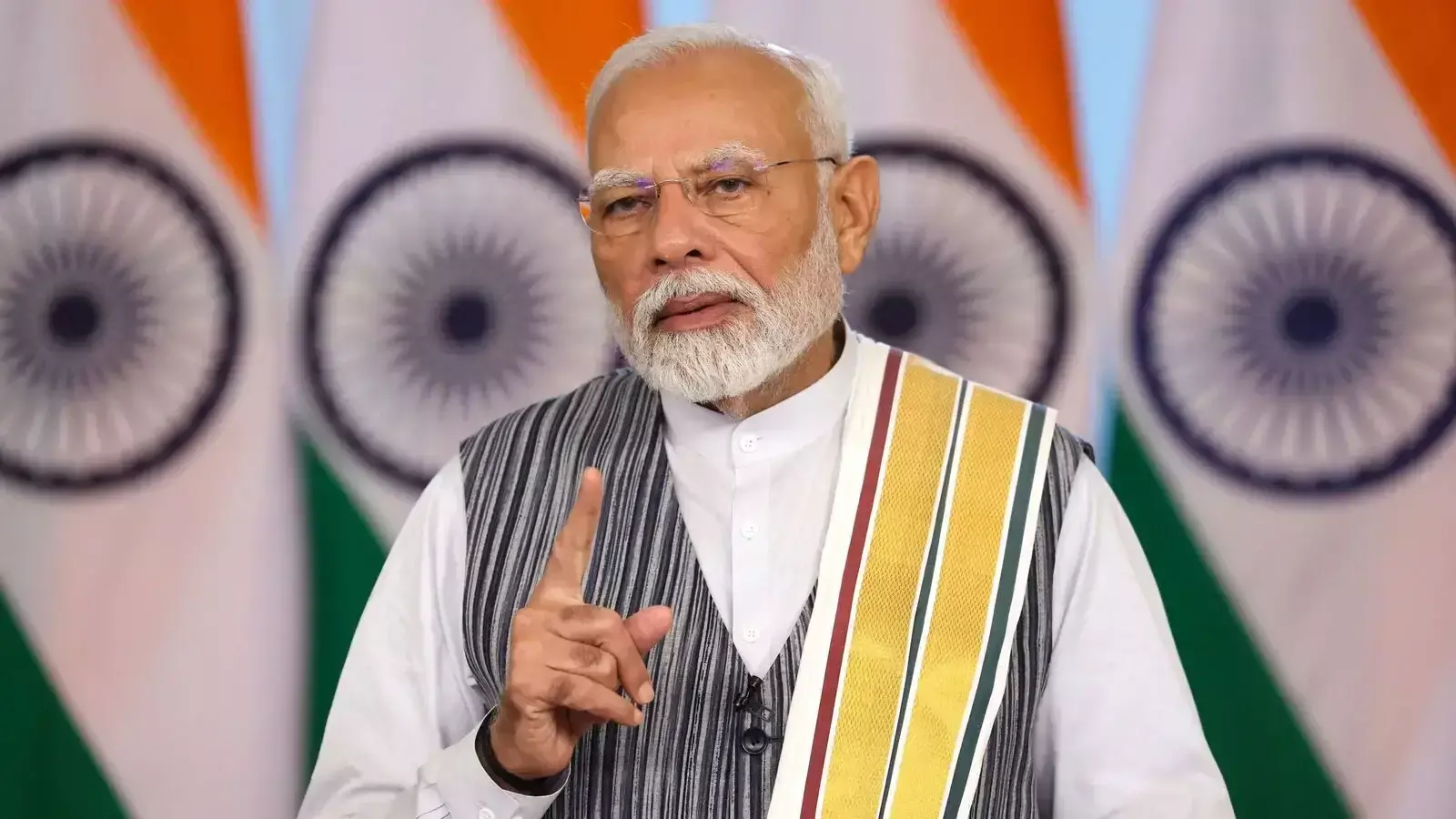
Opposition Slams ‘One Nation, One Election’ Bill as Anti-Democratic; BJP Allies Support the Move
Opposition slams the 'One Nation, One Election' bill as anti-democratic, while BJP allies support it for cost-saving and efficiency in electoral processes.
Opposition leaders have strongly opposed the Narendra Modi government's proposed ‘One Nation, One Election’ bill, which aims to synchronize national and state elections across India. While the ruling BJP and its allies have welcomed the move, calling it a necessary reform, opposition parties have raised alarms over its potential to undermine democracy and federalism.
The One Nation, One Election bill, which seeks to implement simultaneous elections, has been approved by the Union Cabinet and is set to be introduced in the current winter session of Parliament, according to reports from PTI.
Opposition Raises Alarm Over Federalism and Democratic Rights
Leaders from opposition parties have voiced their concerns, with Congress taking a firm stance against the bill. Congress Lok Sabha MP K. Suresh reiterated his party’s opposition, stating, "Our party has made it clear from the beginning that we are against simultaneous elections. The entire opposition is unified in opposing this move."
Congress MP Jairam Ramesh called for the bill to be referred to a Joint Parliamentary Committee (JPC) for thorough examination. He reminded Parliament that the Congress had already expressed its concerns last year, referencing a letter from party president Mallikarjun Kharge to the committee set up by former President Ram Nath Kovind.
Tamil Nadu Chief Minister M. K. Stalin, leader of the Dravida Munnetra Kazhagam (DMK), called the bill "draconian," warning that it would "erase regional voices" and undermine India's federal structure. On social media platform X, Stalin described the proposal as "impractical" and urged a united resistance against what he called an "attack on Indian democracy."
CPI(M) Rajya Sabha member John Brittas also criticized the move, claiming it would erode the federal fabric of the country. He pointed out the inconsistency of the government's position, questioning why elections in states like Maharashtra and Haryana were not held together in the past if simultaneous elections were truly a priority.
DMK leader Tiruchi Siva expressed skepticism about the practical implications of the bill, particularly in the event of a government losing its majority after simultaneous elections. "If the Lok Sabha is dissolved early, would they dissolve all state assemblies and hold fresh elections?" Siva asked, suggesting that the proposal could create unforeseen political instability.
BJD Rajya Sabha member Sasmit Patra echoed similar concerns, calling for "wider consultations" on the bill, especially in scenarios where there could be a hung assembly or a mid-term loss of confidence in the government.
BJP and Allies Defend the Bill
Despite strong opposition, members of the ruling BJP and its allies have defended the bill, emphasizing its potential benefits, including cost savings and reduced electoral fatigue.
Minister of State for Agriculture Bhagirath Chaudhary hailed the proposal, claiming it would help "save the people's money" by reducing the frequency of elections. He dismissed opposition concerns, suggesting that they were simply "in the habit of opposing everything."
Shambhavi Choudhary, a Member of Parliament from the BJP ally Lok Janshakti Party (LJP), also expressed support for the bill. She argued that frequent elections in different states waste valuable resources and lead to leaders being distracted from national issues. "Every six months, there’s an election in some state, and this takes away focus from the core issues," she said.
BJP MP Kangana Ranaut, a prominent supporter of the bill, highlighted the financial burden of holding elections every few months. "The cost to the government is huge, and voter participation continues to drop due to frequent elections. One Nation, One Election is the need of the hour," she said, stressing the importance of holding elections less frequently to reduce financial strain and boost voter turnout.
The Road Ahead
As the One Nation, One Election bill moves forward in Parliament, the debate over its implications for India’s democracy, governance, and federalism is expected to intensify. While the BJP and its allies see it as a pragmatic step towards improving efficiency and reducing election-related costs, opposition parties argue that it could lead to the concentration of power and diminish regional voices. With strong divisions over the bill’s merits, it remains to be seen whether the government will be able to secure widespread support for its ambitious electoral reform.









